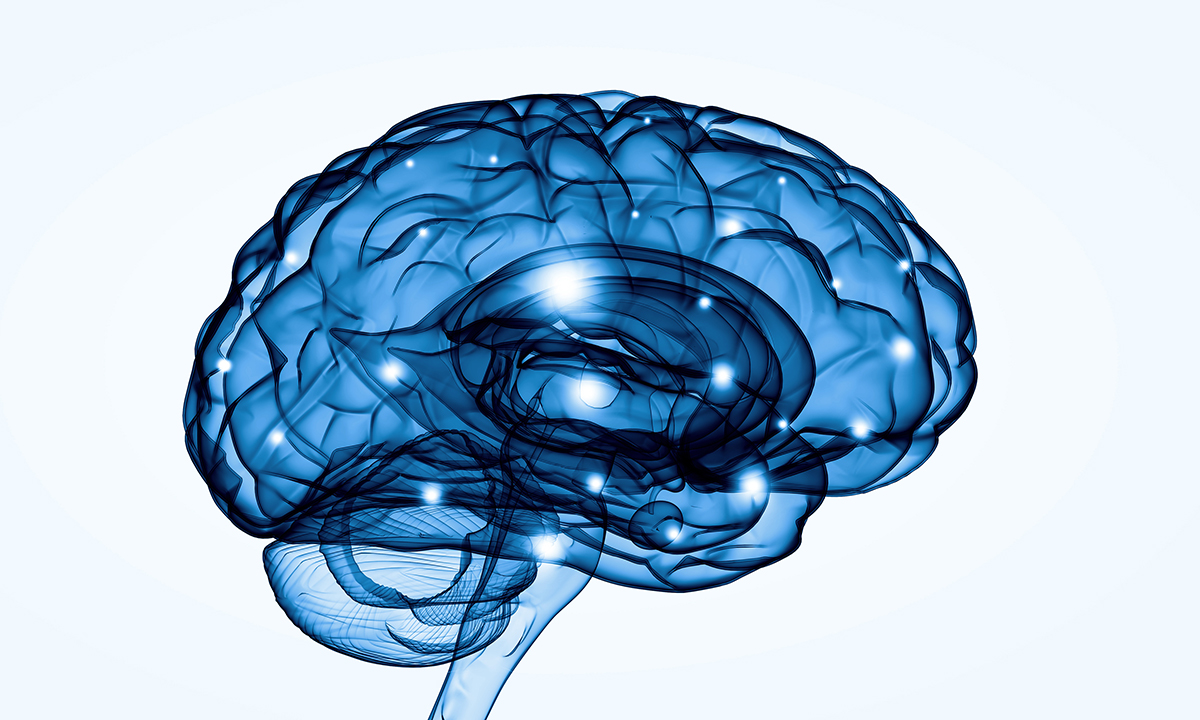How the Brain Can Heal Itself After Addiction
Think of a time when you had to learn a new skill, such as tying your shoes, typing or driving a car. At first, those activities were probably challenging for you because the fine motor skills you need to do them weren’t in place yet. Now, though, you can do them all without thinking twice about it. That’s because your brain forms new neural pathways in response to repeated behaviors. With practice, you acquire many new abilities throughout your lifetime – all thanks to the adaptability, or neuroplasticity, of your brain.
Scientists used to think the brain was hard-wired and could not change, but that view has evolved over the decades. Given everything researchers have learned about the brain and addiction, we now understand that long-term substance use fundamentally changes people’s brains. However, there’s a positive aspect to this, too, which is that your brain can heal itself even after years of addiction.
Your Adaptable Brain
What happens in your brain when you use drugs or drink alcohol? In the simplest terms, addictive substances flood your brain with dopamine. This neurotransmitter is a feel-good chemical that’s naturally present whenever you do something you find rewarding, like dancing or eating a favorite food. The danger lies in the fact that drugs and alcohol cause the brain to release far more dopamine than it would under normal circumstances.
As casual drinking and drug use grow into a tolerance, the levels of dopamine decrease, forcing you to use more of the substance to achieve the same desired effect. In time, your tolerance may grow to a point where the addictive behavior is no longer a pleasurable activity, but something you must do to avoid experiencing painful or uncomfortable withdrawal symptoms. Despite the reduced reward, your neural pathways are now rewired to make maintaining addiction the most natural course of action.
The Power of Neuroplasticity
Though neuroplasticity might be responsible for creating the cycle of addiction, it’s also essential to the process of recovering. By harnessing your brain’s malleability, you can encourage the formation of new reward pathways associated with healthy behaviors. Through focused treatment, your brain can help you break the chains of addiction and learn to become a happier, healthier and more confident person.
Meditation, especially, has proven benefits in increasing the brain’s potential to heal itself. Through mindfulness meditation, people living with substance abuse disorders can learn to respond to cravings, triggers, discomfort and stressful situations more constructively. Meditation also teaches recovering addicts to be happy with where they are in the present moment, instead of getting mired in worries about past mistakes or future scenarios that might never happen.
Retraining the Brain to Feel Healthier
Whether you’re working to overcome an addiction or a mental health disorder such as depression or PTSD, you can rely on the resiliency of your brain to help you get better, one step at a time. You don’t have to do this alone, either. At Serene Behavioral Health, we believe everyone deserves to live a mentally balanced life, and we provide tailored programming to address a variety of wellness concerns. Contact us for help today.
















